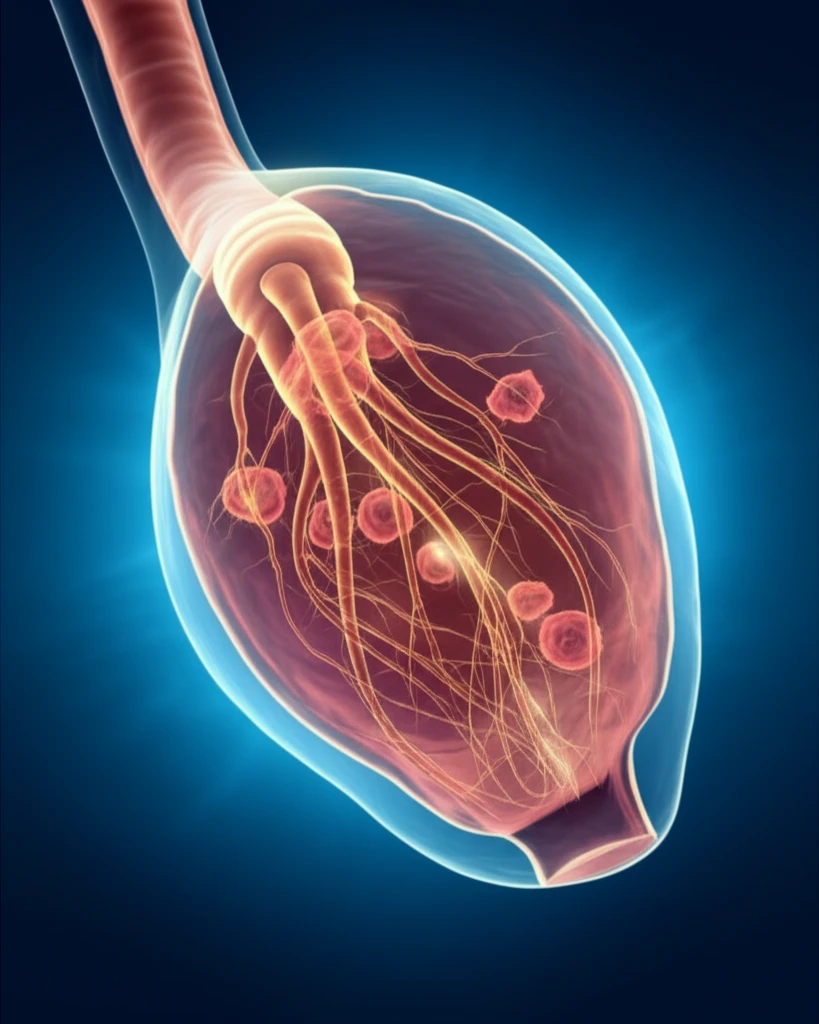
Danggui's Secret Weapon: Can This Ancient Herb Fight Bladder Cancer?
"New research explores how N-butylidenephthalide (BP), a compound from the traditional Chinese medicine Danggui, could offer a new approach to treating bladder cancer."
Bladder cancer remains a significant health challenge worldwide, demanding innovative treatment approaches. While conventional methods like chemotherapy exist, their effectiveness can be limited, and the search for alternative or complementary therapies continues. Traditional Chinese Medicine (TCM) offers a rich source of potential remedies, with Angelica sinensis, known as Danggui, being one such herb with a long history of medicinal use.
Recent studies have focused on N-butylidenephthalide (BP), a compound isolated from Danggui, for its anti-tumorigenic effects in various cancers. This has sparked interest in exploring BP's potential in bladder cancer treatment. New research investigates how BP affects bladder cancer cells, paving the way for new therapeutic strategies.
This article delves into the groundbreaking research exploring BP's effects on human bladder cancer cells. We'll explore how BP inhibits cancer cell growth, induces apoptosis (cell death), and suppresses metastasis. Additionally, we'll examine findings from a population-based study in Taiwan suggesting a correlation between Danggui consumption and a reduced incidence of bladder cancer.
BP's Multi-Pronged Attack on Bladder Cancer Cells

The study's in vitro experiments revealed BP's remarkable ability to disrupt bladder cancer cell activity on multiple fronts:
- Mitochondria Activation: BP activates caspase-9 and caspase-3, key proteins in the mitochondrial-mediated apoptosis pathway.
- DNA Fragmentation: TUNEL assays confirmed DNA fragmentation, a hallmark of apoptosis, in BP-treated cancer cells.
- Caspase Inhibition Rescue: Blocking caspase-3 partially reversed BP-induced cell death, further confirming the pathway's importance.
A Promising Adjuvant in Bladder Cancer Therapy?
This research provides compelling evidence for BP's potential as a therapeutic agent in bladder cancer. Its ability to induce apoptosis, suppress migration, and enhance the effectiveness of cisplatin highlights its multi-faceted benefits.
The NHIRD data, indicating a lower incidence of bladder cancer in Angelica sinensis users, further supports BP's potential role in cancer prevention. However, it's crucial to acknowledge the limitations of this study. More research is needed to fully understand the synergistic effects of BP with other therapies and to determine the optimal dosage and delivery methods.
BP, derived from the ancient herb Danggui, could become a valuable tool in the fight against bladder cancer. Its multi-pronged attack on cancer cells, combined with promising epidemiological data, warrants further investigation and clinical trials to unlock its full potential and translate these findings into effective treatments for patients.
